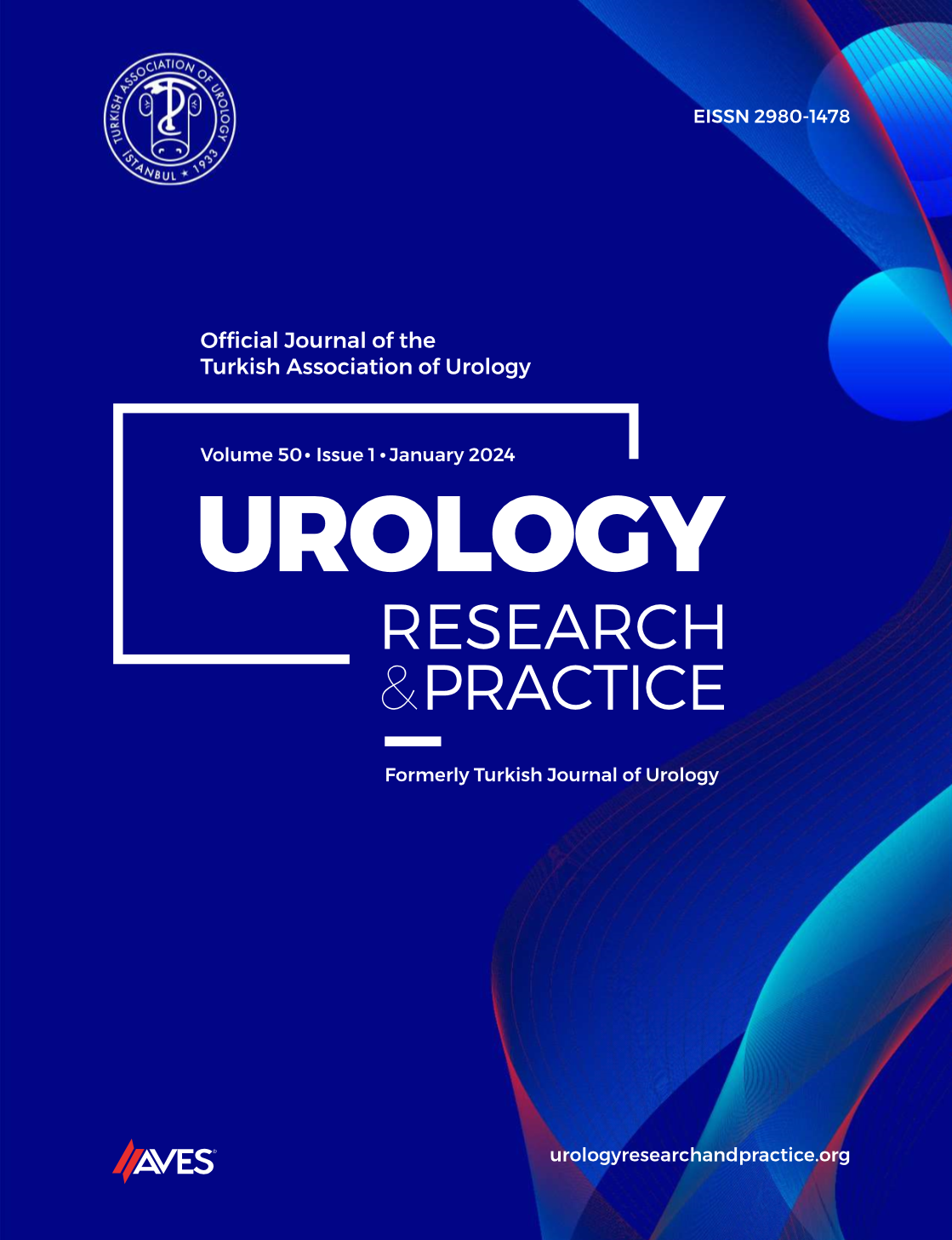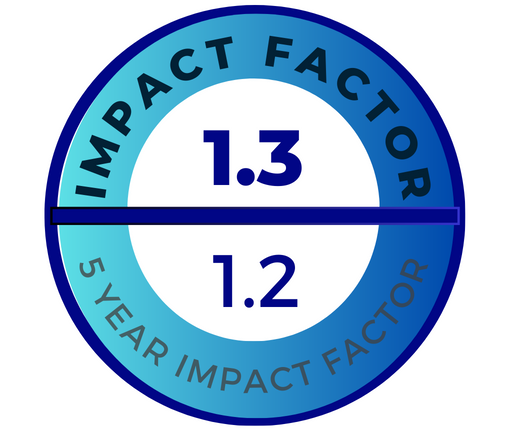Abstract
Objective: Endoscopic procedures like percutaneous nephrolithotomy (PCNL) needs continuous irrigation for better vision and to wash away stone fragments and blood clots. Systemic absorption of irrigation fluids may lead to fluid overload and electrolyte disequilibrium. Renal failure patients are more prone to these electrolyte disturbances. We have evaluated the outcomes of normal saline as irrigation solution to be used in renal failure patient in comparison to distilled water.
Methods: Seventy-six patients with renal calculi were enrolled in this study between September, 2014, and December, 2015. All patients have compromised renal functions (creatinine >1.6 mg/dL). All patients were randomized into two groups as Group A (normal saline irrigation), and Group B (distilled water irrigation). Serum electrolytes, hemogram were measured pre- and post operatively.
Results: The mean duration of irrigation was 53.34 min in Group A and 52.80 min in Group B (p=0.12). Serum sodium, potassium and hematocrit levels were changed significantly after the PCNL in Group B (p=0.03, 0.04 and 0.02, respectively). The most significant drop was observed in sodium level (139.21±3.65 vs. 136.20±4.10 mEq/L) in Group B. Though Hemoglobin drop was similar in both groups, there was a significant drop in hematocrit value in Group B (p=0.02).
Conclusion: Distilled water is associated with hyponatremia and drop in hematocrit level in renal failure patients. Serum potassium level may be significantly altered during distilled water irrigation. Normal saline is safe for PNCL in renal failure patient and its use should be recommended for this purpose.

.png)


.png)